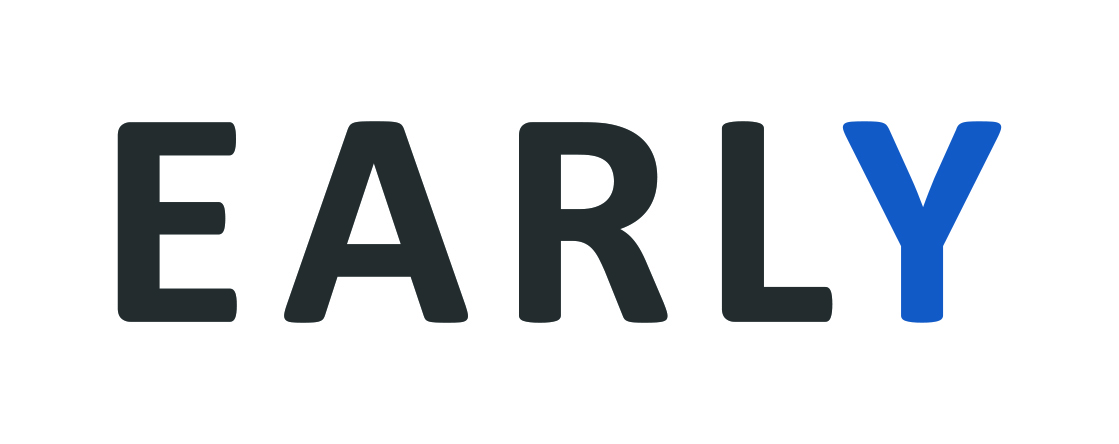PROPHET (PeRsOnalized Prevention roadmap for the future HEalThcare) is a Horizon Europe-funded project aiming to transform healthcare across Europe by integrating personalized prevention strategies into public health systems. Coordinated by Università Cattolica del Sacro Cuore in Rome, the project brings together 18 partners from 13 countries.
Its primary goal is to co-create a Strategic Research and Innovation Agenda (SRIA) to guide the development and implementation of innovative, sustainable, and effective personalized prevention programs. By focusing on individual risk factors – such as genetics, behavior, and environmental exposures – PROPHET seeks to improve the precision and impact of health promotion, prevention, diagnosis, and treatment of chronic diseases.
EUPHA’s role as a partner
As one of the project’s consortium members, EUPHA plays a relevant role in the PROPHET project, focusing on advancing personalized prevention strategies within European healthcare systems. EUPHA was the lead for Work package 6 (WP6) – Communication, dissemination and exploitation. This WP included the design, development, launch, and ongoing maintenance of the PROPHET website, which serves as the central platform for sharing project updates, results, and engaging with stakeholders.
Beyond managing the website, EUPHA contributes to several key areas of the project:
- Strategic Research and Innovation Agenda (SRIA): EUPHA participates in the co-creation of the SRIA, ensuring that public health perspectives are integrated into the roadmap for personalized prevention.
- Stakeholder Engagement: Through its network, EUPHA facilitates the involvement of public health professionals, policymakers, and other relevant stakeholders in the project’s activities, promoting collaborative efforts and knowledge exchange.
- Capacity Building: EUPHA contributes to capacity building by co-developing a policy brief summarizing key recommendations for implementing personalized prevention programmes. It also supports the creation of training guidelines and modules within the PROPHET Toolbox and helps deliver training sessions for public authority professionals in countries involved in the project’s case studies, e.g. at the European Public Health conferences.
EUPHA’s involvement ensures that the PROPHET project remains visible and valuable to the public health community and policymakers, fostering the adoption of personalized prevention approaches across Europe.
For more details on the project’s communication and dissemination strategy, including EUPHA’s specific contributions, see PROPHET Deliverable D6.3 – Project Website.
Financial source
Funded by the European Union under grant agreement no. 101057721.






